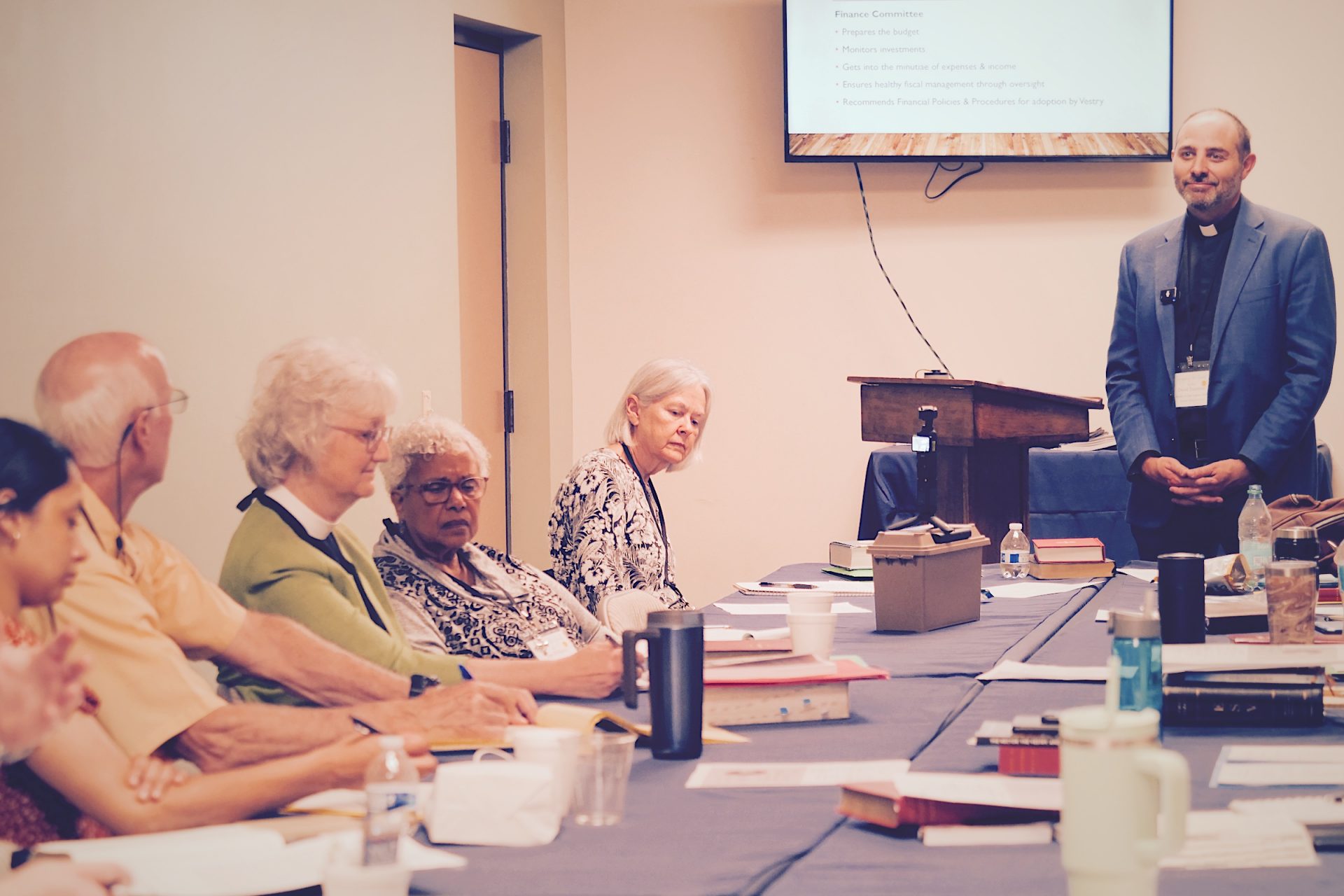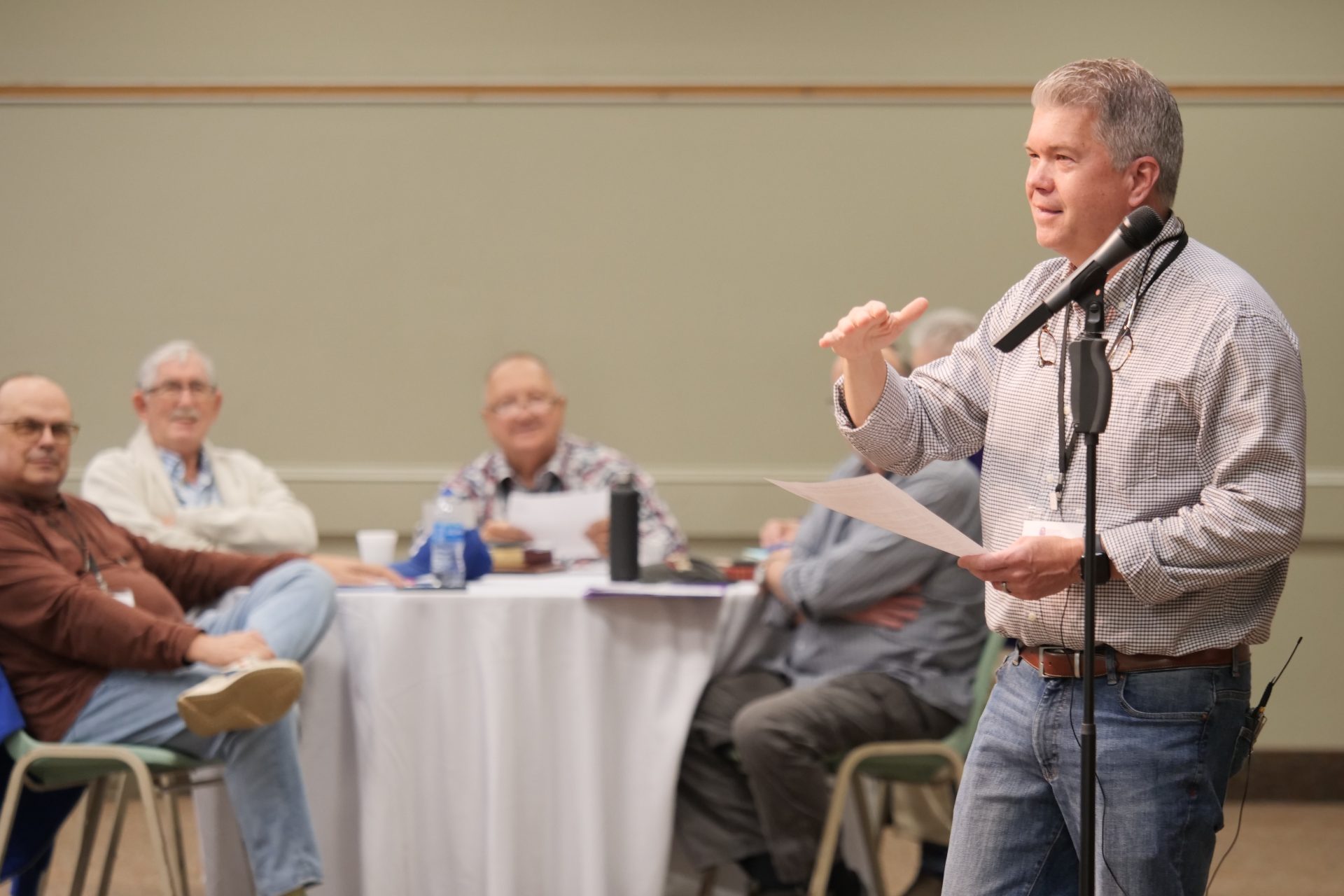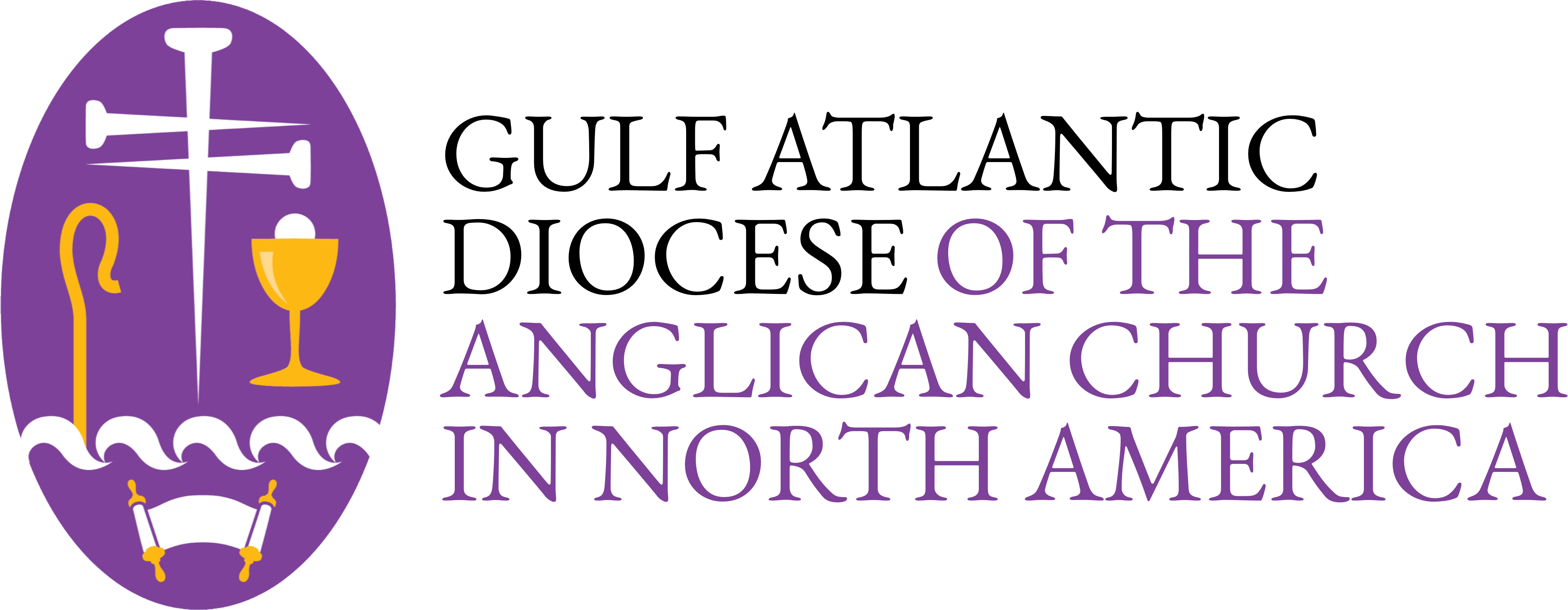
Newsletter Contents
A Culture of Calling, Equipping, and Empowering Leaders
Integrity of Heart and Skillful Hands
Equipping Leaders for Flourishing Churches: The Charles Simeon Institute
Raising Up Leaders: Equipping the Next Generation for Kingdom Impact
Raising Up Healthy Church Planters
New Faces Around the Diocese
Equipping The Saints 2025 Wrap-Up
Other Announcements & Upcoming Events
More from Bishop Alex Farmer
Flourishing Churches are Healthy Communities
To Whom Will You Reach Out?
Stewardship Begins in the Heart
Resetting the Communion: Report from the GSFA First Assembly
Our Labor is not in Vain: Equipping the Saints
But you are a chosen race, a royal priesthood, a holy nation, a people for his own possession, that you may proclaim the excellencies of him who called you out of darkness into his marvelous light.
1 Peter 2:9
I pray you have begun a Holy Lent in preparation for the celebration of Our Lord’s Resurrection in just a few weeks. Thank you for your prayers for the Clergy Retreat held in February and which was attended by nearly one hundred of our clergy, postulants, and clergy spouses. Please keep the Clergy Spouse Retreat coming in early April in your prayers.
This month’s Communiqué is focused on the next Mark of Flourishing Churches: Raising and Equipping Leaders. To start, let me encourage you by saying the Lord is faithfully raising up new ordained leaders for the Diocese. We rejoice with Christ the King St. Augustine and The Mission Pensacola who have called new Rectors. Through our Diocesan youth ministry, college ministry, your parish youth ministries, God is continuing to raise up ordained leaders for our efforts to reach North America with the transforming love of Jesus Christ. However, ordaining new clergy is just one aspect of this Mark of Flourishing, and we must look beyond the ordination process if we want truly flourishing churches.
The Apostle Peter recalls Exodus 19:61 as he reminds the churches of Asia Minor of their identity, and the high calling of the people of God. As quoted above, “You are a chosen race, a royal priesthood, a holy nation.” Note, neither Peter nor Moses was speaking of those few set apart for priestly ministry, but rather to the whole community. Some of you have heard me in sermons refer to this high calling of the laity and the Church. What the ordained brothers and sisters model for us within the Church, the laity are to go do in the world. This is why the Apostle Paul says in Ephesians 4, “And he gave the apostles, the prophets, the evangelists, the shepherds and teachers, to equip the saints for the work of ministry, for building up the body of Christ.” Each of us by virtue of our Baptism, is commissioned to do “the work of ministry” as one member of this “royal priesthood” and “kingdom of priests” in the world.
How do we learn to be a kingdom of priests in the world? There are many things we can and should do, and others will describe some of those to you elsewhere in this Newsletter. I want to highlight just a few.

Our ordained leaders are charged to lead God’s people into those good works which God has preordained, to empower them to live out their calling in the world.2 Too often, well-intentioned church members fall into the trap of thinking the clergy have been hired to do the work of the Church. In fact, Scripture makes clear that our deacons and priests are to be equipping and empowering lay leadership.
Someone pointed out to me recently clergy make up only 5% of the Church, while the laity represent 95%. Nicky Gumbel describes a Church where the priests and deacons do all the work as equivalent to sporting event where a few participants are desperately in need of rest and thousands of observers are desperately in need of exercise. Brothers and Sisters, it is my goal to get as many of you “in the game” as possible.
How do we do that? First, we must train up ordained leaders to understand their role. This is my job. Increasing the participation of our laity will not make our clergy less important, but even more essential for the advance of the Church in ministry. Second, we must teach laity their calling and give them training and opportunities to grow in leadership. We do this already among our youth (e.g. through the Leaders-in-Training program at Araminta). Among adults we have further to go. Our Strategic Plan has brought this need in focus at the Diocesan level, and the Equipping the Saints conference has been a remarkable first step towards intentional lay leadership training Diocesan-wide. I am extremely thankful for the partnership of St. Peter’s Cathedral and the Charles Simeon Institute in this endeavor to create a Diocesan center for equipping lay people. Thanks you to everyone who has participated or shared content for our first two Equipping the Saints installments. It was thrilling to see last weekend the growth since last year’s inaugural Conference!

I know that some of you are already effective lay leaders in your own ministry context. Thank you! I praise God for those who called you forth into leadership. I might ask, who are you and I apprenticing to come behind us? Are we contributing to a culture within our congregations that constantly looks for opportunities to call, equip and empower new leaders? Especially lay leaders? This is the biblical call: to send out men and women of all ages and backgrounds to be a kingdom of priests in the world. Where we do this with excellence, the Church will more fully flourish.
Pray earnestly to the Lord of the harvest to send forth laborers.3
“You shall be to me a kingdom of priests and a holy nation.”↩
For we are his workmanship, created in Christ Jesus for good works, which God prepared beforehand, that we should walk in them.↩
And [Jesus] said to them, “The harvest is plentiful, but the laborers are few. Therefore pray earnestly to the Lord of the harvest to send out laborers into his harvest.” (Luke 10:2)↩
